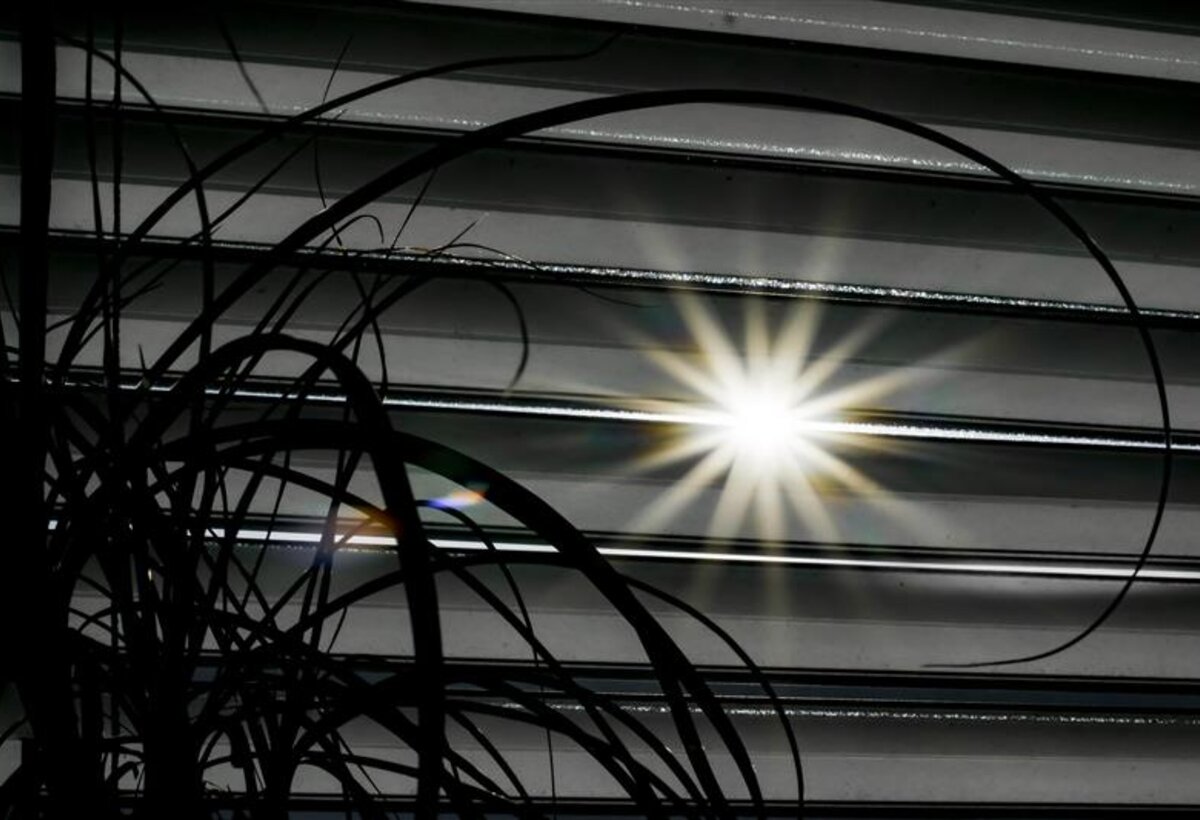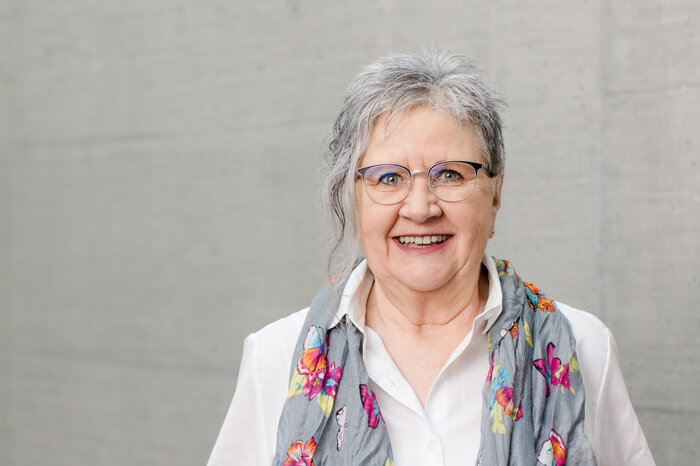FFG project "Bell: Climate-adapted and healthy living" starts
Climate change has long been measurable. Extreme weather conditions such as periods of heat, as well as floods, heavy rain and storms, are increasing even in our temperate zones. While young and healthy people can still easily put away periods of extreme heat, older people and those with health problems suffer from heat waves. Hospitalizations and even excess mortality during periods of heat have been shown to increase. Preventive measures are widely known: adequate drinking, proper ventilation as well as shading the home and planning activities. Unfortunately, however, these measures are often forgotten in everyday life.

In the "Bell" project, sensor technology is used to motivate affected individuals to comply with these precautionary measures by sending messages to their cell phones or smartphones. The project relies on three pillars - first: drinking behavior, ventilation, shading; second: planning activities; and third: raising awareness of the positive effect of greening measures. For the latter, concrete planting actions are planned in addition to information.
User scenario
Erna Egger is 78 years old and lives alone. Despite her advanced age, she does most of the housework independently, even if it doesn't go as quickly as it did in her younger years. Simone Neyer from the mobile help service comes once a week to give her a hand. Mrs. Neyer has also left a brochure describing how Mrs. Egger can best cope with the hot season. Ms. Egger has also noticed that she doesn't feel so well during particularly hot days, that she sometimes gets dizzy and feels exhausted. She wants to take the advice to heart. But she also has the ambition to keep her apartment clean and to take care of herself and cook. She should drink enough, the brochure says, but she forgets, and she doesn't feel thirsty either. So it is with airing and planning her activities, both of which she is supposed to do in the morning and in the evening, but when she is in the middle of an assignment, she doesn't want to leave them either.
Lately, Ms. Egger has a device in the toilet that uses her urine to determine whether she has drunk enough. She then regularly receives a reminder as a text message to pour herself another glass of water after all. Sometimes she also receives the message "Bravo, you have drunk enough today. I'm sure you feel much better today. Since a room sensor has also been installed that measures temperature, humidity and CO2 content and compares them with the current weather situation via a weather service, she also receives a reminder to ventilate and shade her apartment, as well as an indication of when the best time of day is to plan activities such as shopping. In fact, Ms. Egger finds that temperatures in the room are lower during hot spells than before.
Health Benefits and Community
Trees and shrubs were also planted on the street where she lives, creating more shaded areas. Erna Egger gladly volunteered when asked if she would like to take care of the new plantings along with other residents the street. Since the plantings are equipped with planting sensors, she will also receive a message about this when it is time to water the trees and shrubs. An optimal time of day based on the weather is given right away. She is happy to be able to contribute to the community on the street. In addition, she usually meets neighbor during plant care, and it still results in a nice conversation.
Vorarlberg Consortium
Involved in the project are, in addition to the FHV, the social services Götzis, the Regio Im Walgau, Intefox GmbH and Butterweck KG. "Klingel" is being carried out within the framework of the FFG call for proposals "Digital Technologies for People and Society" and is funded by the Federal Ministry for Climate Protection, Environment, Energy, Mobility, Innovation and Technology (BMK).
Contact
April 2023





